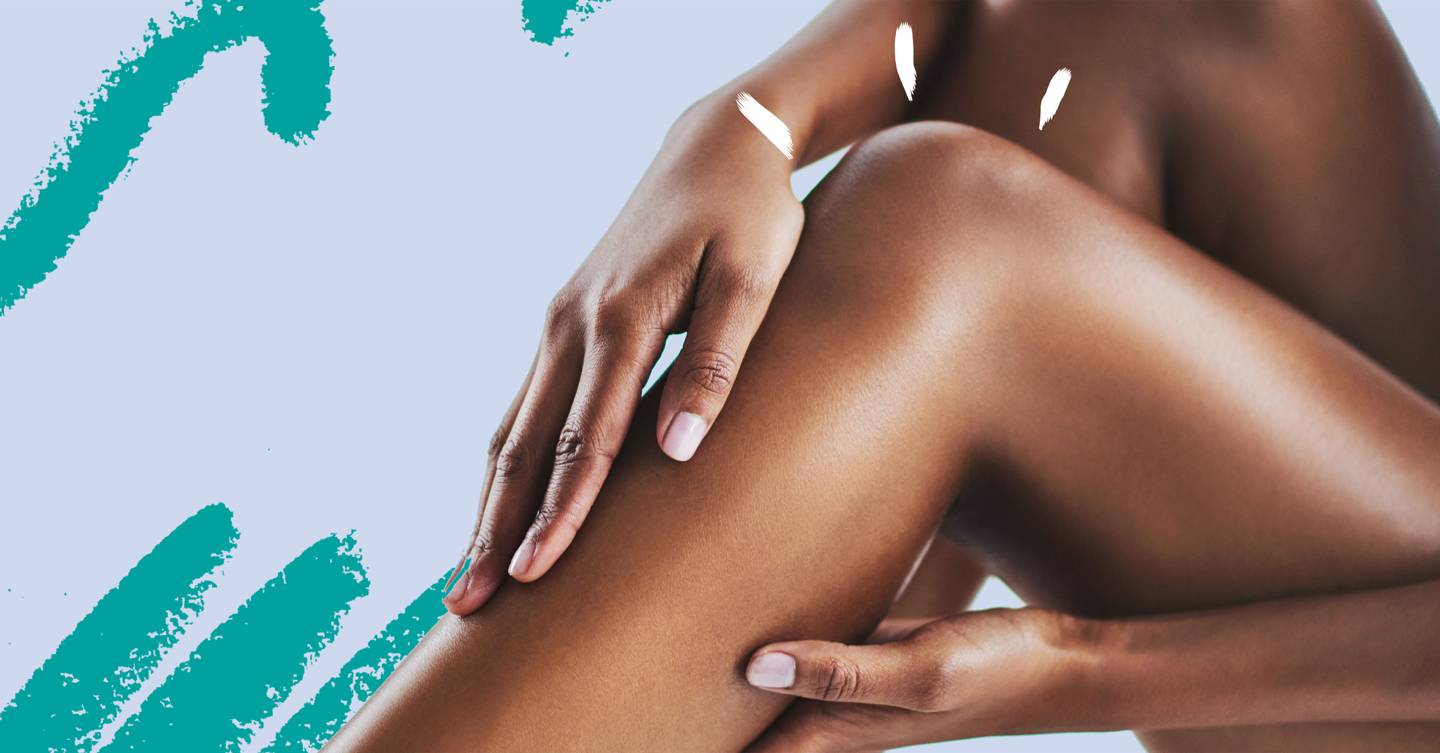We all know the miraculous hydrating abilities of hyaluronic acid, the pore-purging and oil-regulating powers of salicylic acid and the wondrous anti-ageing benefits of retinol. In fact, we’ve never been so clued up with skincare ingredients, including when to use them and in which concentrations for optimal results.
A few years ago, we even saw some of the most innovative ingredients incorporated into our hair products, in a movement dubbed as the “skinification” of haircare. Alpha Hydroxy Acids (AHAs) were called in to rid our scalps of dandruff and product build up, SPF was added to leave-in styling products to prevent UV damage and colour fade caused by the sun’s rays and hyaluronic acid was used to plump out strands and tame frizz. We even started using sheet masks on our hair as a replacement for traditional treatments.
Now, it seems skincare’s finest ingredients have made yet another jump to another arena of beauty – our bodies. Brands such as Dr Dennis Gross and Paula’s Choice already offer body products super-charged with a blend of exfoliating acids to encourage an all over glow, with more brands exploring different ingredients and their body-boosting benefits, but latest ingredient to make waves in the world of body care is retinol.
Loved by skincare experts for its unparalleled ability to boost cell turnover, reduce wrinkles and clear the complexion, retinol is a type of retinoid, which is a derivative of vitamin A. When applied topically to the skin, it can increase the appearance of firmness and elasticity, improve uneven skin tone, treat pigmentation and smooth the surface of the skin, as well as helping to treat cystic acne and blemishes. So when incorporated into body care, retinol can target age spots, which are especially common on the backs of hands and décolletage, as well as wrinkles and fine lines, as well as conditions like acne and “spotty botty”.
While retinol has numerous benefits, it can also make skin irritated if used in too high concentrations. Luckily, most products also contain soothing ingredients as well as clever delivery systems to reduce the risk of any unwanted reactions. Another key thing to note when considering the addition of retinol into your regime is that it makes skin more sensitive to the sun, meaning that you may be more prone to UV damage. With temperatures teetering near zero for the next few weeks, however, it’s unlikely that any of your skin will be exposed, but if it is, make sure to apply sun protection.
Keep scrolling for the very best retinol treatments available for all over care available to buy now…

